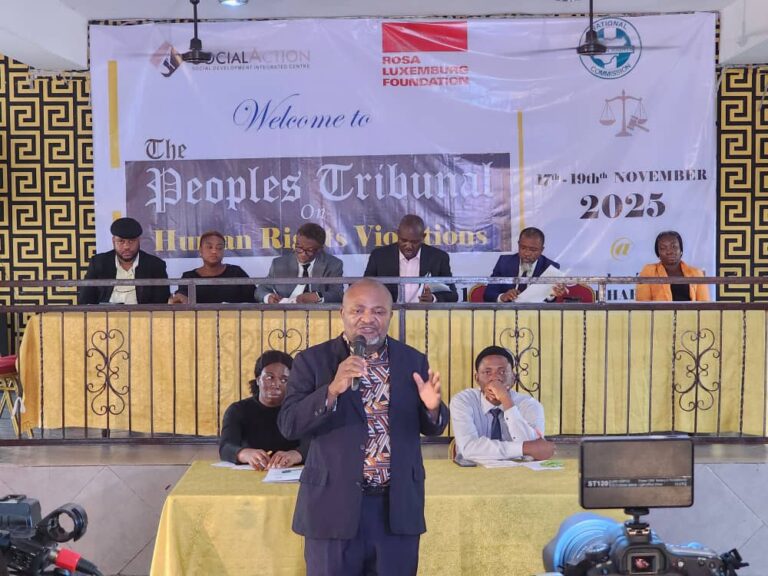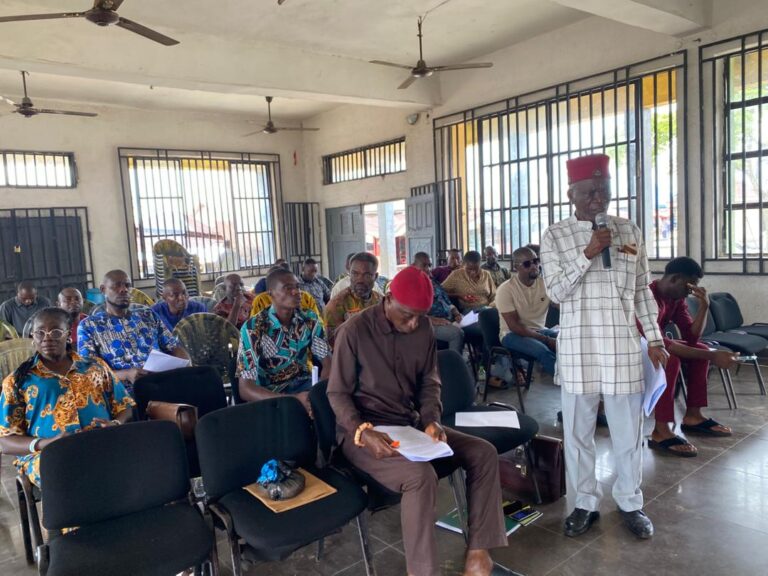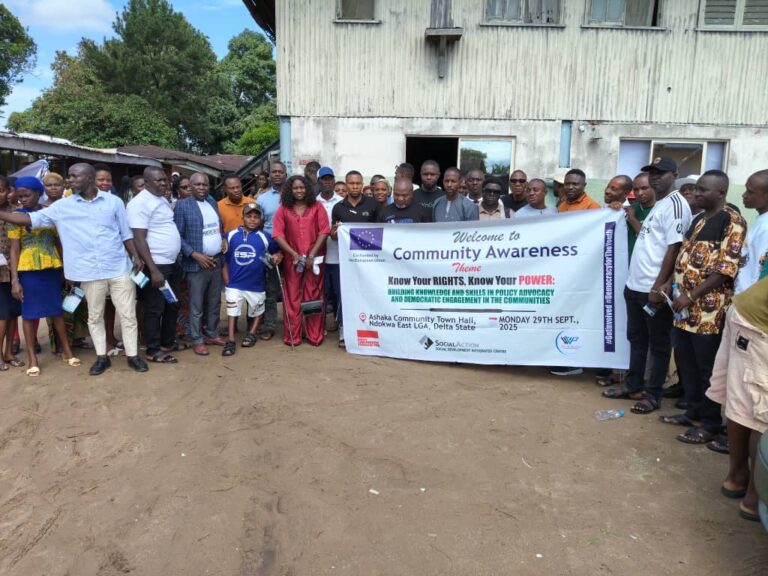64 Years Later: Nigeria’s Democracy Failed to Safeguard Citizens’ Rights to Protest and Speak
Introduction
As Nigeria celebrates its 64th independence anniversary on October 1, 2024, the state of freedom of speech and association in the country is a topic of critical concern. Over the years, Nigerians have fought valiantly for their rights, often at great personal risk. However, recent actions taken by the government under President Bola Ahmed Tinubu suggest a troubling regression in the protection of these fundamental freedoms, particularly in the context of the #EndBadGovernance protests.
Government Performance on Freedom of Speech and Association
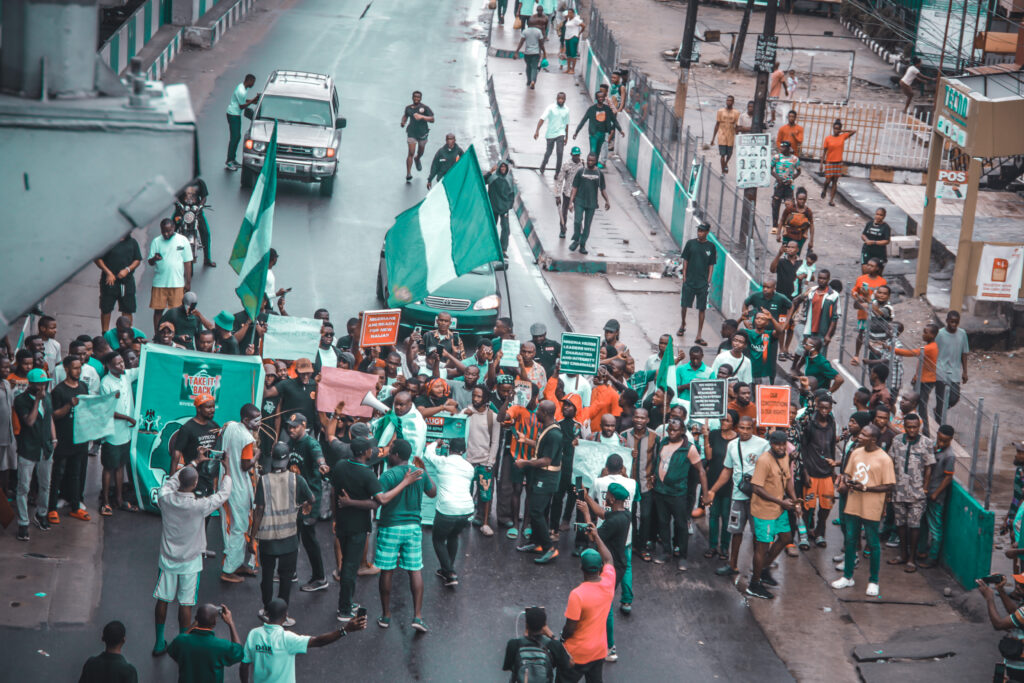
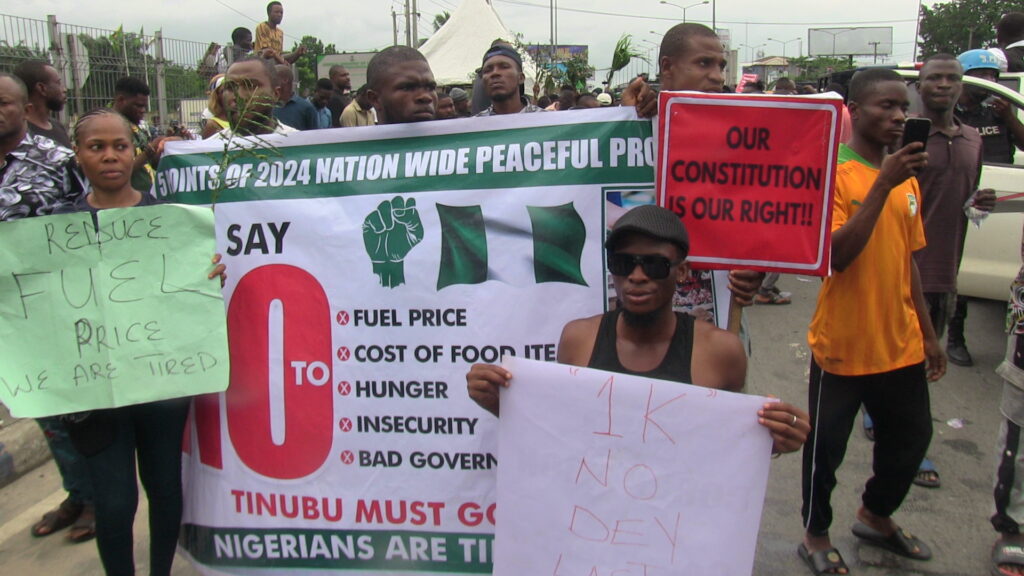
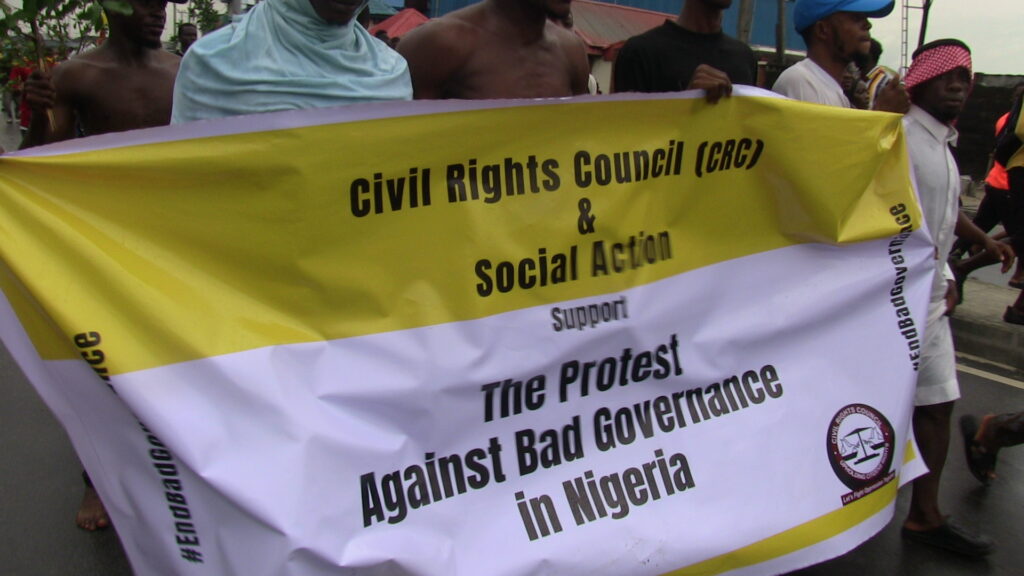
The Nigerian Constitution guarantees freedom of speech and the right to peaceful assembly. However, the reality has often fallen short of these ideals. Citizens have frequently faced intimidation, harassment, and violence when expressing dissent. This ongoing struggle has intensified in recent years, especially during periods of economic hardship and social unrest.
Under the current administration, the government’s handling of dissent has raised alarm bells. Security agencies have been deployed to suppress protests, leading to reports of arbitrary arrests and excessive use of force against demonstrators. Many activists and ordinary citizens who attempt to voice their concerns about governance are now at risk of serious legal repercussions.
President Tinubu’s Approach to Freedom of Speech and Association
President Tinubu’s administration has been marked by a significant crackdown on civil liberties, particularly concerning the #EndBadGovernance protests organized and supported by concerned civil society groups, including Social Action[1]. These protests erupted as a response to increasing economic challenges and widespread dissatisfaction with government performance[2]. Rather than engaging in constructive dialogue with citizens, the administration has resorted to heavy-handed measures.
Reports indicate that many participants and organizers of the protests have been arrested and held in the custody of the State Security for months without access to food and medicals, for days, and then charged with treason—an alarming indication of the government’s willingness to stifle dissent, condemned widely by both local and international human right watchers. Amnesty International critised the legal process and called it a sham. These actions raise fundamental questions about the right to protest and the government’s responsibility to uphold democratic principles. The response to these protests has not only been disproportionate but also counterproductive, as it has further alienated citizens who feel their voices are being ignored. There have also been reports of the government’s intensified crackdown on critics of the government and journalists, perceived as reporting the dark side of the government policies and exposing their incompetence. Numerous instances of abductions, unlawful arrests and detentions have been the order of the day.
Unmet Promises and Deteriorating Conditions
In national addresses, President Tinubu has made numerous promises aimed at improving the economic situation and addressing citizens’ concerns. However, as the situation continues to deteriorate, it is clear that these pledges remain unfulfilled. The economic landscape has worsened, and many Nigerians are left feeling increasingly frustrated and disillusioned.
The administration’s failure to deliver on its promises has contributed to a growing sense of disenchantment among the populace. Instead of fostering a climate of trust and cooperation, the government’s actions have perpetuated a cycle of fear and repression.



Historical Context and Irony
It is crucial to recognize the irony of the current political landscape. Many individuals currently in positions of power, including President Tinubu, were once vocal advocates against military rule and fought for the protection of civil liberties. Their historical roles as champions of democracy stand in stark contrast to the actions being taken now, which resemble the abuses they once opposed.
Furthermore, President Tinubu’s comments regarding the previous administration of former President Goodluck Jonathan—specifically about the suppression of citizens’ rights to protest—underscore a troubling hypocrisy. The current administration appears to be employing similar tactics, shrinking the civic and media space through arrests, intimidation, and censorship. This regression raises serious concerns about the future of democratic governance in Nigeria.
Conclusion/Recommendation
As Nigeria celebrates its 64th independence anniversary, the juxtaposition between the country’s rich history of struggle for democratic rights and the current state of civil liberties is disheartening. The handling of the #EndBadGovernance protests by President Tinubu’s administration reflects a broader trend toward repression and an alarming disregard for the rights of citizens to express dissent.
For genuine progress to occur, it is imperative that the government recommits to upholding the freedoms enshrined in the Constitution. Citizens must be allowed to voice their concerns without fear of retribution, and the government must engage in meaningful dialogue to address the pressing issues facing the nation. Only through such a commitment can Nigeria hope to build a more equitable and democratic society, honoring the sacrifices of those who have fought for its freedoms throughout its history.
As we reflect on this anniversary, it is vital that civil society, activists, and concerned citizens continue to advocate for the protection of freedom of speech and association, ensuring that the voices of the Nigerian people are heard and respected.
[1] https://saction.org/social-action-nigeria-declares-total-support-and-solidarity-with-youth-protesters/
[2] https://saction.org/executive-summary-nation-wide-protest-in-nigeria-a-fallout-of-bad-governance-and-high-cost-of-living/



